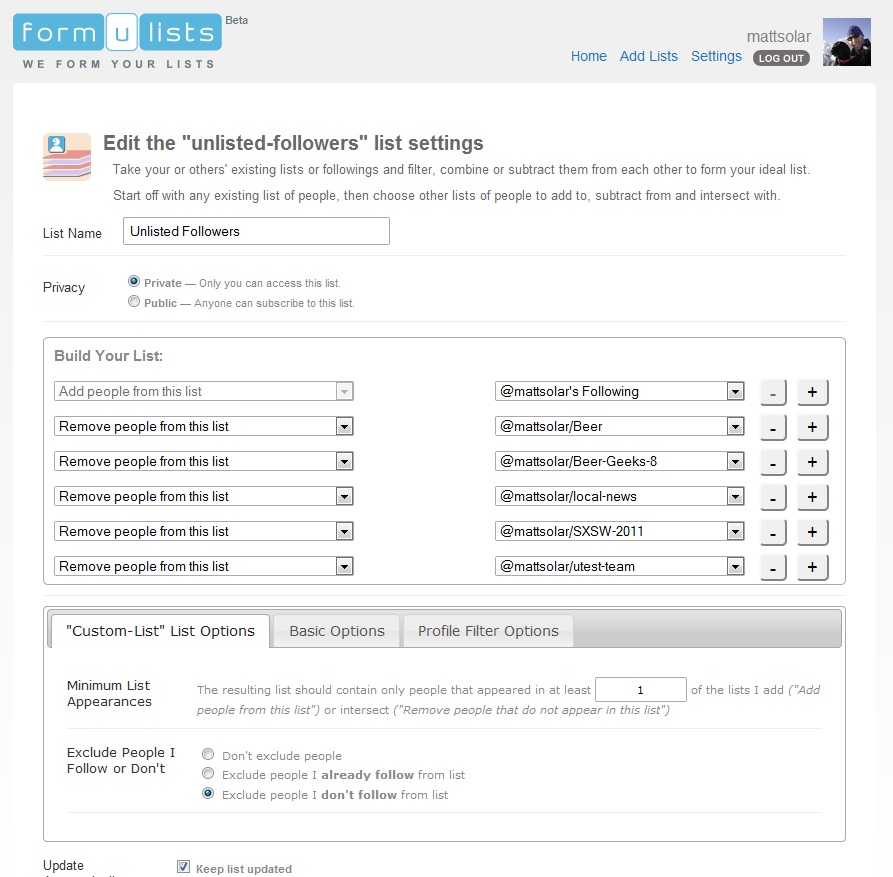 I just got home from an interesting session of FutureM Boston “Future of Digital Strategy†session and wanted to type out some notes while the ideas are fresh in my head.
I just got home from an interesting session of FutureM Boston “Future of Digital Strategy†session and wanted to type out some notes while the ideas are fresh in my head.
Quick takeaway;
- The role of marketing is changing.
- Analytics are key.
- 2010 was year of mobile. 2011 is year of video.
Speakers:
- Perry Hewitt, Director, Digital Communications and Communications Services, Harvard University (@PerryHewitt)
- David Bierut, Associate Director, Integrated Marketing Communications, Genzyme Biosurgery
- Philip Crampe,, eCommerce Manager, Savings Bank Life Insurance Company of MA (@Crampee)
- Dave Wieneke – Director of Digital Marketing at Sokolove Law (@usefularts)
- Jeff Cram, Chief Strategy Officer & Co-Founder, ISITE Design [Session moderator] (@JeffCram)
The Role of Marketing is Changing
The introduction conversation to the session was focused around the fact that the role of the marketing department is fundamentally changing. Where the marketing department was once reacting to other departments needs, it is now leading the strategic roadmap for many companies, especially within the online space. For some this means that the marketing department now owns the company website.
Marketers responsibilities are changing as users behavior changes. We’re seeing more content consumption online, as well as through various channels (mobile, social, video). Web 2.0 was about developing content, web 3.0 is about executing and not getting lost among the content.
There is no longer a challenge to develop content but to also organize and distribute content. As Perry Hewitt eloquently put it, our roles as marketers is now the, “creation, aggregation, and amplification†of content. For Harvard, that means working to integrate the messaging across the University and using new means to push information where relevant.
Analytics are Key
There were a lot of references to the fact that any marketer worth their weight needs to poses quantitative skills. Analytics is one of the key factors each panelist looks for in candidates during the hiring process. Intrinsic motivation and a creative understanding of users’ behavior is certainly important but understanding the end user from a data-driven point is crucial.
Dave Wieneke used the example (and remember, I’m paraphrasing) that 5-10 years ago very few team members had access to analytics tools – now, nearly every single person on his team and project manager have their own suite of tools.
In response to a question about which tools to be using, Perry Hewitt replied, “it’s 90% people, 10% toolsâ€. Dave Wieneke followed up with, “the only web analytics tool is Google Analytics – the rest are just for optimization.â€Â (Dave W. also mentioned Google Analytics University as a good source for tips, tools, and tests.)
Wieneke also mentioned that using web analytics has allowed them to target potential customers with numerous visits but no conversion – it’s obvious they’re interested in the services but need a nudge to become a customer.
Dave and David responded to a question about key metrics, both use cost per lead heavily. When I asked why they don’t use revenue – or profit – per lead they responded that they either don’t have that level of detail available or have an inhibitive sale cycle that would make the data outdated.
The Year of Video
When asked what the biggest successes were in 2010 and what they look forward to most in 2011 the panel was almost in complete agreement: while 2010 was the year of mobile, 2011 will be the year of video. That’s not to say mobile won’t continue tremendous growth (we’re frequently posting about mobile’s amazing growth on the uTest blog). Perry Hewitt is also looking forward to more location-based tools and augmented reality
Philip Crampe mentioned that he found visitors simply aren’t reading the white papers they download. Since a challenge for him is educating visitors on health insurance options, moving to video is proving to be a very good tool to that end.  (Phillip also mentioned that optimizing his landing page with a mobile-friendly version also drove conversions… “who buys life insurance on a mobile browser?â€)
Overall, a great session – it’s a nice change from some of the agency-focused events and has given me quite a few test ideas to launch. If you attended, what did you think?




3 thoughts on “FutureM "Future of Digital Strategy" Notes”
Amen on the "agency" or "product" focused MITX events.
I love hearing from practitioners who own the results, and aren't fixated on tools or promotion.
If you like, here's a link on doing the Goolge Analytics Certification:
http://usefularts.us/2010/04/29/google-analytics-…
Best,
Dave
The best FutureM sessions I've attended — and one of the rare seminars that I, as a marketer with a fair amount of experience, learned a lot from. Outstanding panel and moderator.